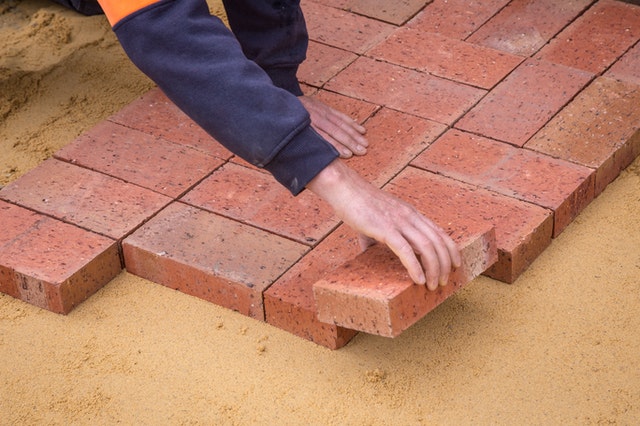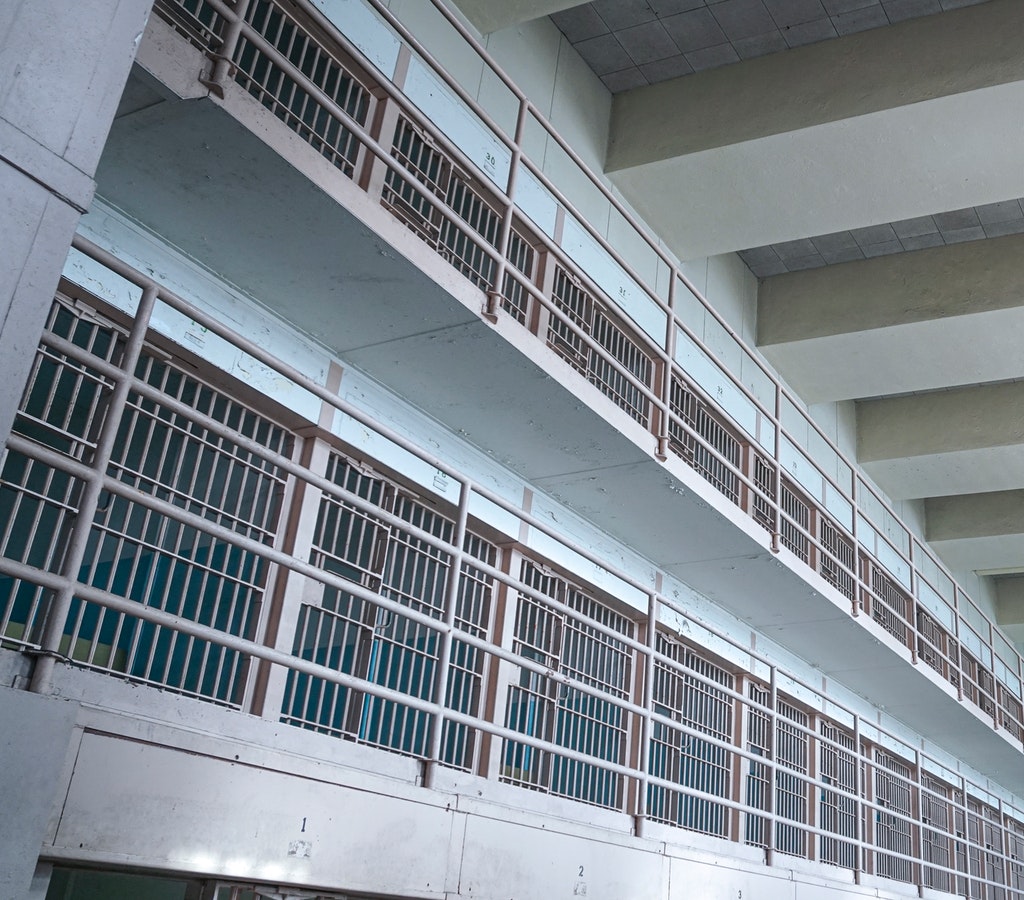Yes. There are types of jobs that incarcerated people can get paid for while in federal prison. But they don’t get paid much. And, in some cases, they don’t even have a choice whether to do the low-wage work.
What types of jobs are available for people in fedral prisons?
According to the Bureau of Prisons, incarcerated people must work unless they have health issues. Common prison jobs include work in food service or the prison warehouse. You could also work as an orderly, a plumber, a painter, or a groundskeeper. Some prisons may also have farming and manufacturing jobs.
Incarcerated people also make items for sale by the government and private companies. The federal government does this through “UNICOR.” UNICOR is a government corporation that sells goods made by people in prison. Many other private companies use prison labor, too. These companies include Walmart, Dairy Queen, GEICO, and more.
Governments use prison labor as well. Recently, California relied on incarcerated people to help put out wildfires in the state. Prisons across the country also use incarcerated people to help with problems caused by COVID-19. In Missouri, the state pays incarcerated people to make hand sanitizer, masks and toilet paper. In New York City, the city used prison labor to dig mass graves for COVID-19 victims.
A recent presidential candidate, Mike Bloomberg, also used prisoners to make campaign calls. But he cut ties with the contractor once media reports surfaced on the topic.

How much does the government pay you for working in prison?
The government pays low wages to prisoners. On the BOP’s “Work Programs” page, it states that “[i]nmates earn 12¢ to 40¢ per hour. That’s much lower than the already-low $7.25-per-hour federal minimum wage. But prisons don’t even have to pay the 12¢ rate. In fact, most states do not pay incarcerated people for their labor.
Because of the low-wage (or no-wage) nature of prison work, prisoners work for other reasons. Prison work allows incarcerated people to learn job skills. These skills then help prisoners once they reenter society and need employment. That doesn’t mean, of course, that everyone is happy about the low (or no) wages.
How can prisons make incarcerated people work at such low wages?
According to a New York University analysis, more than 30% of prisons in the U.S. employed prisoners as of 2014. While some prisoners applied or volunteered to work, prisons forced others to work. And they forced them to work at low (and sometimes no) wages.
The government relies on the 13th Amendment to the U.S. Constitution to make prisoners work at low wages. That amendment prohibits slavery in the U.S. “except as punishment for crime….” Officials use that exception to force prison labor across the country. (A documentary on this topic—called “13th”—has recently been very popular on Netflix.)
Making matters worse, federal law also excludes prisoners from most labor protections. These federal laws establish standards for worker compensation and safety. Without those protections, prisoners can face unfair and unsafe work situations.
The Takeaway:
While federal prisons make incarcerated people work, they don’t pay them well. In fact, some federal prisons don’t pay prisoners for their work at all. But there are other benefits to prisoners for their work in prison. These include gaining and improving skills they can use after release.






